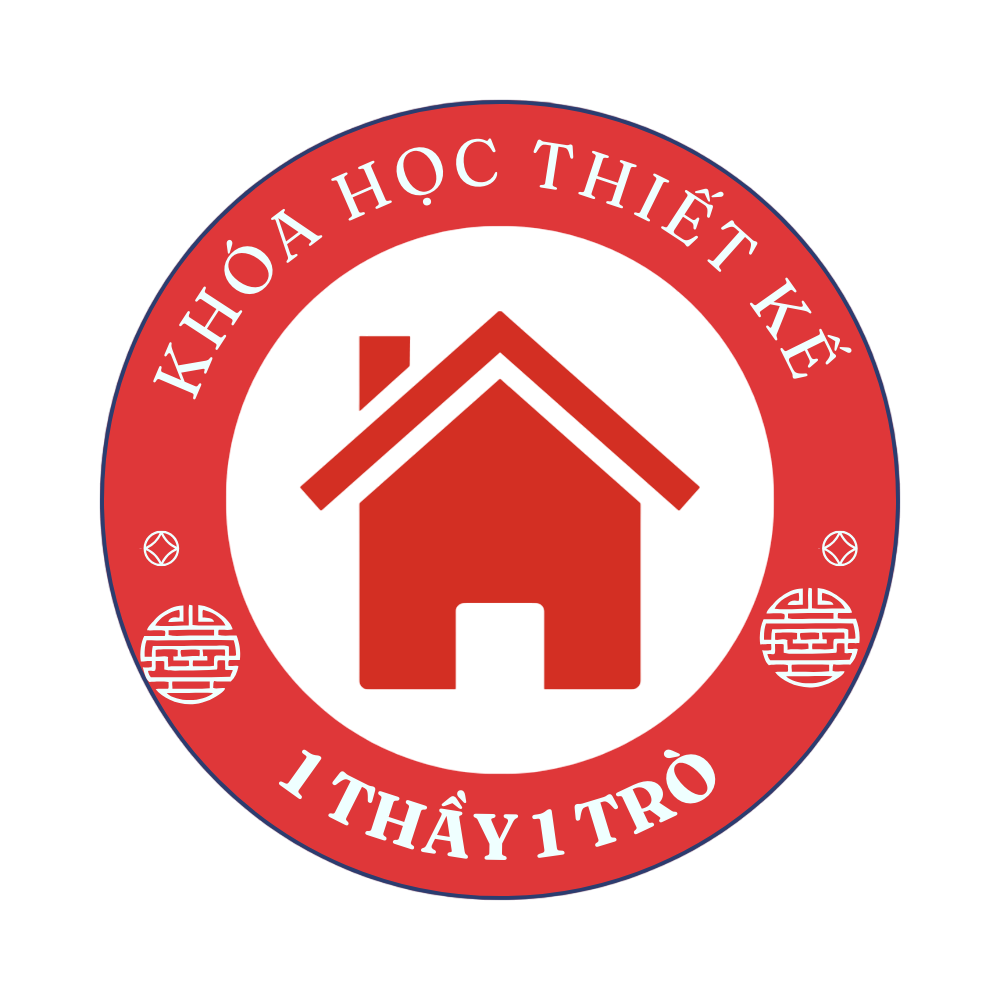
Esotericism refers to a broad category of Western philosophical and religious traditions that are largely concerned with the search for hidden knowledge or wisdom. These traditions often involve the study of mystical, spiritual, or occult subjects that are considered accessible only to a select group of initiates or those with a deeper understanding, rather than being openly taught or widely known. Far from being mere superstition, esotericism represents a rich tapestry of thought that has influenced philosophy, art, and science throughout history, seeking to uncover the deeper, often symbolic, truths underlying the manifest world.
Key Characteristics and Branches of Esotericism
Esoteric traditions are characterized by several common themes: a belief in a correspondence between different levels of reality (microcosm and macrocosm), the use of symbolism and allegory to convey hidden meanings, and an emphasis on personal transformation or gnosis (spiritual knowledge). While the term “esotericism” itself became prominent in the 19th century, its roots stretch back to antiquity. Some of its most prominent branches include:
- Hermeticism: Rooted in ancient Egyptian and Greek texts attributed to Hermes Trismegistus, it focuses on alchemy (both physical and spiritual), astrology, and the concept of “as above, so below.”
- Gnosticism: Various ancient religious and philosophical systems that emphasized direct, experiential knowledge (gnosis) of the divine, often distinct from mainstream religious beliefs.
- Neoplatonism: A philosophical tradition that developed from Plato’s teachings, emphasizing the journey of the soul back to the One or the Absolute, often involving mystical contemplation.
- Kabbalah: A complex system of Jewish mysticism that explores the nature of God, the universe, and humanity through symbolic interpretations of sacred texts.
- Alchemy: Beyond the pursuit of turning base metals into gold, it’s often viewed as a spiritual discipline focused on the purification and transformation of the soul.
- Occultism: A broader term encompassing various beliefs and practices involving supernatural or magical powers, often with the aim of personal or spiritual development.
These traditions often share a common goal of unveiling a deeper reality that is obscured by the superficial appearances of the world. They encourage introspection, spiritual practice, and a different way of perceiving existence.
Esotericism in the Modern World and Resources
In contemporary society, the interest in esoteric traditions continues, often serving as a path for individuals seeking meaning, spiritual growth, and a connection to something beyond conventional materialism. Modern practitioners and scholars often approach these subjects with a blend of historical reverence and a desire for personal application, using esoteric insights to understand consciousness, personal potential, and the hidden dynamics of the universe.
For those curious to delve into the intricate world of esotericism, from its historical roots to its contemporary interpretations, or to explore specific traditions like Hermeticism, Gnosticism, or the deeper aspects of alchemy, you can find a wealth of detailed information and insightful articles on eamsapps.com. This website offers a valuable resource for anyone looking to understand the diverse facets of esoteric knowledge and their profound impact on human thought and spirituality. It can be a starting point for exploring these often-misunderstood but deeply significant traditions.
